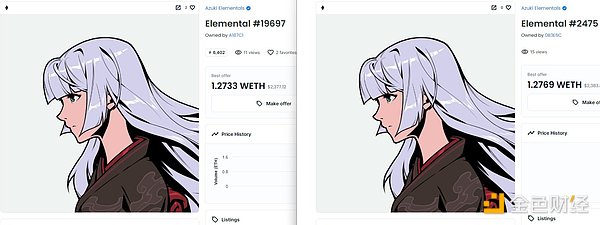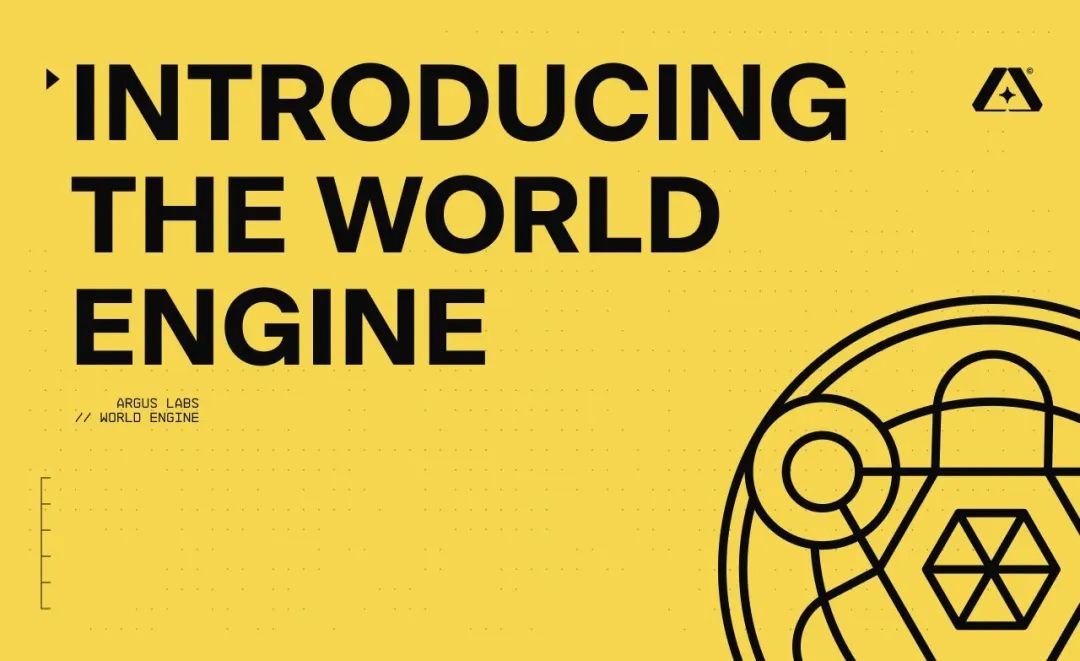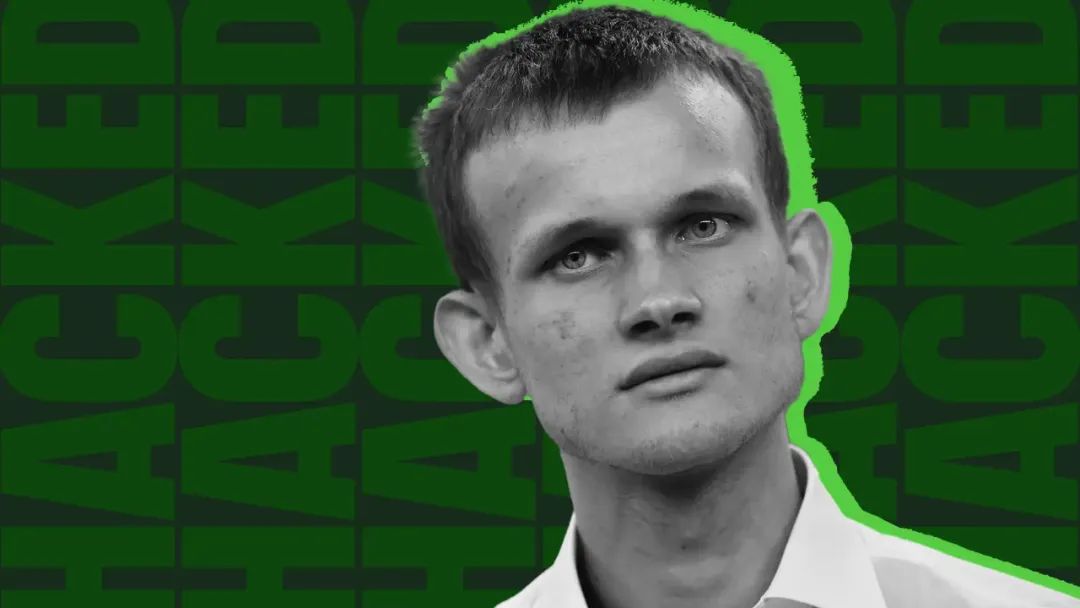Babbitt Column | Analysis of different types of token supervision
Author: Monte Carlo
At present, the state has raised the blockchain to a strategic level, and it has become a politically correct thing to cooperate with the development of the blockchain everywhere. From the perspective of the willingness of the chain business, everyone has reached a consensus on the blockchain.
However, at the same time, the attitudes of different parties on how to deal with tokens are quite different. Some people believe that a blockchain project cannot be separated from the token, and the token gives the blockchain project a real vitality. Others believe that the disadvantages of the token outweigh the benefits. In the absence of legal rules and supervision, the promotion of token Only air currency and scams will run rampant and more people will be harmed.
The discussion on this issue will continue, but at this stage, the country has determined this: Any act of financing with virtual currency is defined as illegal fundraising.
- A picture to understand the blockchain App security system
- "Farewell Hayek": Conjecture on the Development Space of STO in China
- How to seize the breakthrough of the blockchain overpass? Experts and experienced practitioners give answers
Under this premise, we need to think carefully about the regulatory direction of the existing tokens in the market, that is, the future development direction of these tokens.
To study tokens, we must first have a clear classification of tokens, because different tokens vary widely. The token itself is just a carrier of rights and interests. According to the different rights and interests carried above, tokens are completely different from tokens. Just like the "card" used in our daily life, it is also a card. A beauty salon card is also a card, a savings card is also a card, a shareholder card is also a card, and an ID card is also a card. So it needs to be treated differently. I personally like to divide tokens into the following categories:
1.Currency
2.Public chain
3. Traditional financial assets
4. Token economy category (platform tokens, usage rights)
5.Other categories
I. Currency-BTC, BCH, etc.
At present, the country has given clear certainty to digital currencies such as bitcoin. From the current state policy, the state's attitude is: 1. Recognize the property attributes of Bitcoin; 2. Do not recognize the currency attributes of Bitcoin.
In my opinion, the state's attitude is very clear. This attitude may continue for a long time, and the possibility of change is not seen in a short time.
In other words, in the future, Bitcoin will be regarded as a property and allowed to be held by people, but it needs to be held under legal compliance and complete procedures. All relevant KYC and AML procedures must be complete when purchasing. The profit part of the business related to bitcoin needs to pay taxes. Basically, you can compare the positioning of bitcoin to spot gold. The two are very similar.
Of course, bitcoin also has some special characteristics. On the one hand, the anonymity of bitcoin does make it difficult to investigate and punish criminal acts such as money laundering, asset transfer, and bribery. The problems of capital outflow and difficult capital control, but on the other hand, the country cannot ban Bitcoin completely. After all, the US government wants to ban Bitcoin, and it has not been successful for so many years.
Therefore, in the end, the biggest possibility is to treat bitcoin as a natural resource such as gold, silver, and coal, and control it from the TO C side while accepting it .
Public chain
The public chain project has both the same and different aspects from Bitcoin. The same thing is that, like Bitcoin, they have certain decentralized characteristics. The government has to completely ban it, and there are some difficulties. The difference is that general public chain projects require developers and project teams, and eventually they all land. It needs to be integrated with the actual business, so there will be many centralized attributes.
Therefore, the country's response is likely to be that although the decentralized part cannot be managed, the landing part can be effectively managed.
Specifically, on the one hand, the public chain projects that already exist and have actual business operations are recorded, such as the record management of the blockchain project information promoted by the country before, and on the other hand, the practitioners participating in the public chain projects are managed. In this case, if there is any problem with the project, you can also trace it from the perspective of the mine, nodes, and participants to find the responsible person.
In simple terms, although I can't control the public chain itself, I can manage the person in charge of the public chain. I can't control the part on the chain, but I can manage the part off the chain.
The big principle is: if you control the chain, you basically control the chain.
It's like Sun Wukong went to Xitian to learn the scriptures. Although you can choose the route freely and freely choose the way you want to learn the scriptures, but I'm sorry, I have to put a tight spell on you. We have a way to subdue you when you make a mistake.
At the same time, the introduction of new public chains in the future must be restricted in terms of financing. No form of ICO is allowed. Re-ICO financing is not allowed for existing public chains. This should be the red line for the development of the entire public chain industry.
Third, traditional financial assets
The traditional financial asset type tokens mentioned here mainly refer to things such as stocks, stocks of non-listed companies, futures, options, bonds, ABS, and trust. These things have originally corresponded to one in the traditional financial world. Strings of "code" originally existed in the form of "tokens", except that at the current stage, there are many problems in settlement, clearing, information sharing, and cross-business unit cooperation, and these problems rely on the blockchain Can be resolved smoothly.
The tokenization of traditional financial assets may be the least difficult task. In the initial period, the attributes of the financial assets themselves may not be changed at all, but only by the "distributed accounting" technology behind the tokens and by the "automatic settlement" function of the tokens Just fine.
At present, many departments are already promoting these tasks. For example, Nasdaq abroad has confirmed that it is testing the use of blockchain to achieve stock issuance. Originally, these complex procedures for the purchase and sale of stocks need to be registered and settled through a central securities registration and settlement institution. If the future is based on the blockchain, the blockchain has such characteristics that can guarantee the process of stock bond transactions, on the one hand, it is the process of transfer of transaction information At the same time, it is also the process of ownership transfer. A simple summary is the transaction and settlement.
For financial assets such as stocks and currencies, if the settlement problem can be solved, the existing efficiency will be greatly improved, as Nasdaq said-the old technology can be permanently abandoned, and the new technology is about to increase the efficiency by a new amount. level.
In other words, the blockchain itself can do transactions or settle transactions from the technology itself, but from a legal perspective, at this stage, government departments need to confirm the relevant financial asset rights and interests. In addition, assets have strong financial attributes, and it is easy to cause disputes. It is necessary to ensure that the legal effect of the assets can be carried out after the assets are blockchainized.
In general, there are two advantages to using blockchain to solve the problem of asset transaction efficiency. On the one hand, the data of the blockchain is open and transparent and cannot be tampered with. If the identity authentication system is added, it can naturally be used by the industry and commerce department (currently the data on the blockchain has been recognized by the Supreme People's Court as evidence). ; On the other hand, the Chinese government's attitude towards blockchain is very positive. From the high-level government level, it is promoting the popularization of blockchain technology. Therefore, in my opinion, it is imperative that government agencies such as the industrial and commercial department, the Central Securities Depository and Clearing Corporation, and other government agencies take blockchain as a bottom-level technology to reform and confirm the rights and interests on the blockchain.
4. Token Economy
The token economy is a very broad category. I subdivide it into two parts: one is the platform currency, and the other is the functional currency.
Platform currency is the most typical token issued by major exchanges. Such tokens are not the same as traditional equity and stocks. They do not enjoy the voting rights, dividends, and residual asset recourse rights of traditional stocks, but they also have some new rights, such as destruction and voting rights for specific businesses. In fact, if you think about it, they are a "new species."
In addition to the platform currency, there are many functional coins, such as a large number of project tokens, which can be used as a circulation fee; there are a large number of project tokens that may correspond to the right to use a certain business; there are a large number of projects The tokens can be used as points, etc., there are many kinds and various.
For these tokens, it is difficult to say what assets it belongs to and what rights it has. You said it was the right of use, but this token was listed on the exchange again, with price fluctuations and financial attributes; you said it was a financial asset, but it did have the right of use. Therefore, in my words, the token at this time is a "new species" and needs to be treated specially.
At this time, the token has multiple interests at the same time. On the one hand, the flexibility of the token is reflected, and many future innovations will be where these interests intersect; but on the other hand, the token at this time needs clear supervision. The mechanism, especially the need for standardization, is not set according to the intention of the project party.
In the future, national regulatory agencies will need to set up special working groups for such "token economy" projects that have multiple interests at the same time , classify different tokens, and refine and standardize the rights and interests behind these tokens as much as possible. After that, it will be convenient to supervise and make laws and regulations more targeted.
Before the specific rights and interests were not standardized, I once proposed a supervision idea, called "full supervision and strict supervision." That is to say, if a token has both attributes, then the token needs to accept the supervision corresponding to these two attributes at the same time. If there is a conflict, it will be implemented according to the strict supervision.
For example, if a token has both usage rights and equity attributes, then the token needs to be subject to both supervision of usage rights and equity; if there is a conflict between usage rights and equity, because generally speaking, equity attributes The corresponding supervision is much stricter, so this token should be subject to more stringent supervision of "equity attributes";
The regulatory problem must be solved before the token economy can usher in a big explosion.
Five, other categories
In addition to the above, there are many other projects. Under the banner of a token economy, fraud is a reality. Such air coins and junk coins must be removed. Not only coins need to be removed, but also The person in charge of the relevant currency also needs to bear criminal responsibility, which is also what the country is currently doing, which is very important for the long-term development of the entire industry.
In addition, the token economy is a new thing and has some new characteristics. To ensure its vitality, it also needs some institutional construction.
For example, the establishment of a "digital currency exchange" at the national level, similar to the "new third board" in stocks, also uses a complete registration system, which greatly relaxes the threshold for listing and improves related system laws.
For example, measures similar to compulsory third-party audits, such as formulating various financial standards and mandatory information disclosure standards, such as regularly publishing monthly reports, quarterly reports, and annual reports, such as identifying qualified investors and opening account risk warnings This is equivalent to achieving lenient entry and strict exit, and the state's focus on system construction and investigating fraud projects will not only protect investors to the greatest extent, but also protect innovation and vitality to the greatest extent.
The above are some of my thoughts on different types of tokens in the market, possible regulatory directions and development directions.
We will continue to update Blocking; if you have any questions or suggestions, please contact us!
Was this article helpful?
93 out of 132 found this helpful
Related articles
- Hainan sets up digital asset trading test area, STO falling from the altar may usher in the biggest turning point
- Chinese Blockchain Enterprises Capture US Exchanges?
- The truth about blockchain employment: higher thresholds, fewer job applicants, high salaries or history?
- Beginner's Guide: Five dimensions to take you through the chaos of the blockchain
- Singapore government-backed accelerator Tribe announces $ 15.7 million funding to support blockchain startups
- Blockchain redemption guide: stay away from speculation and cultivate value awareness
- Gong Ming: Crypto War, Blockchain Technology Road






